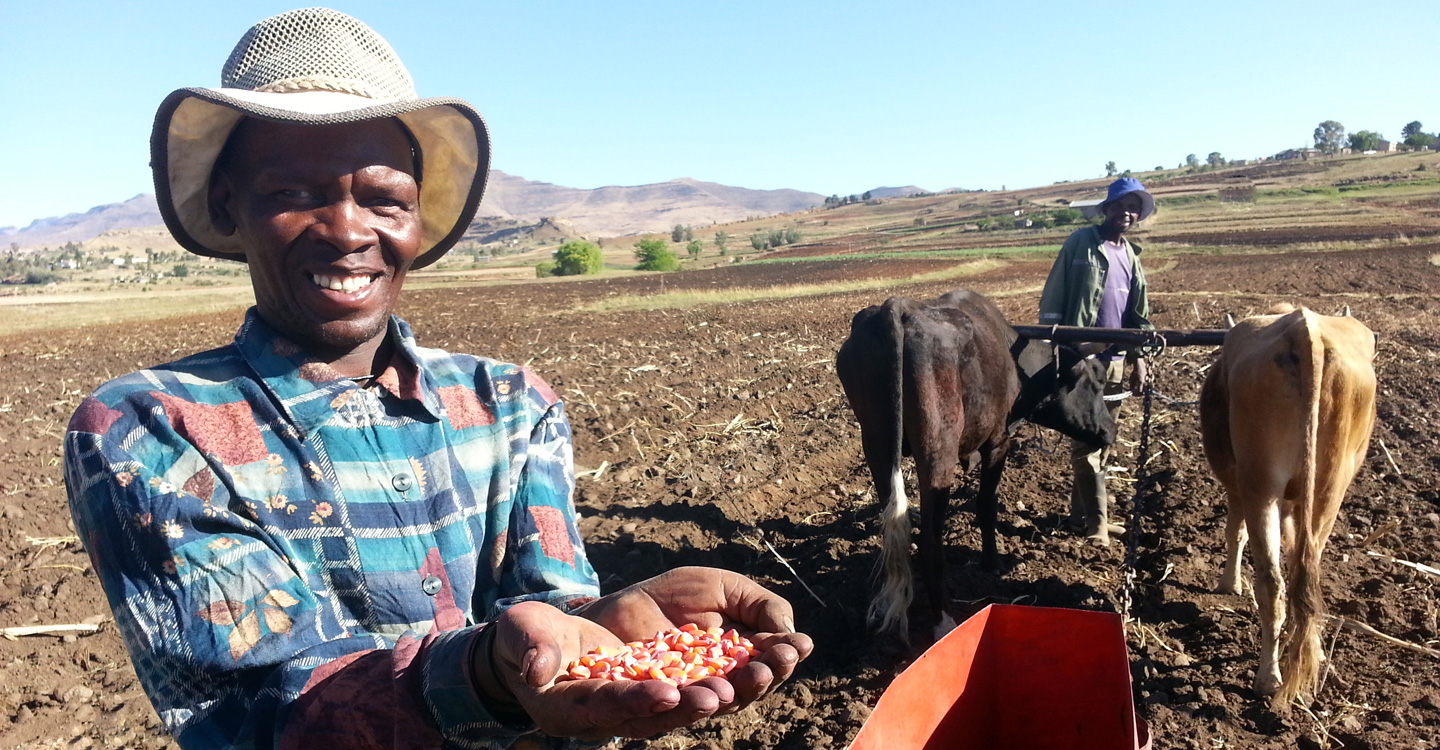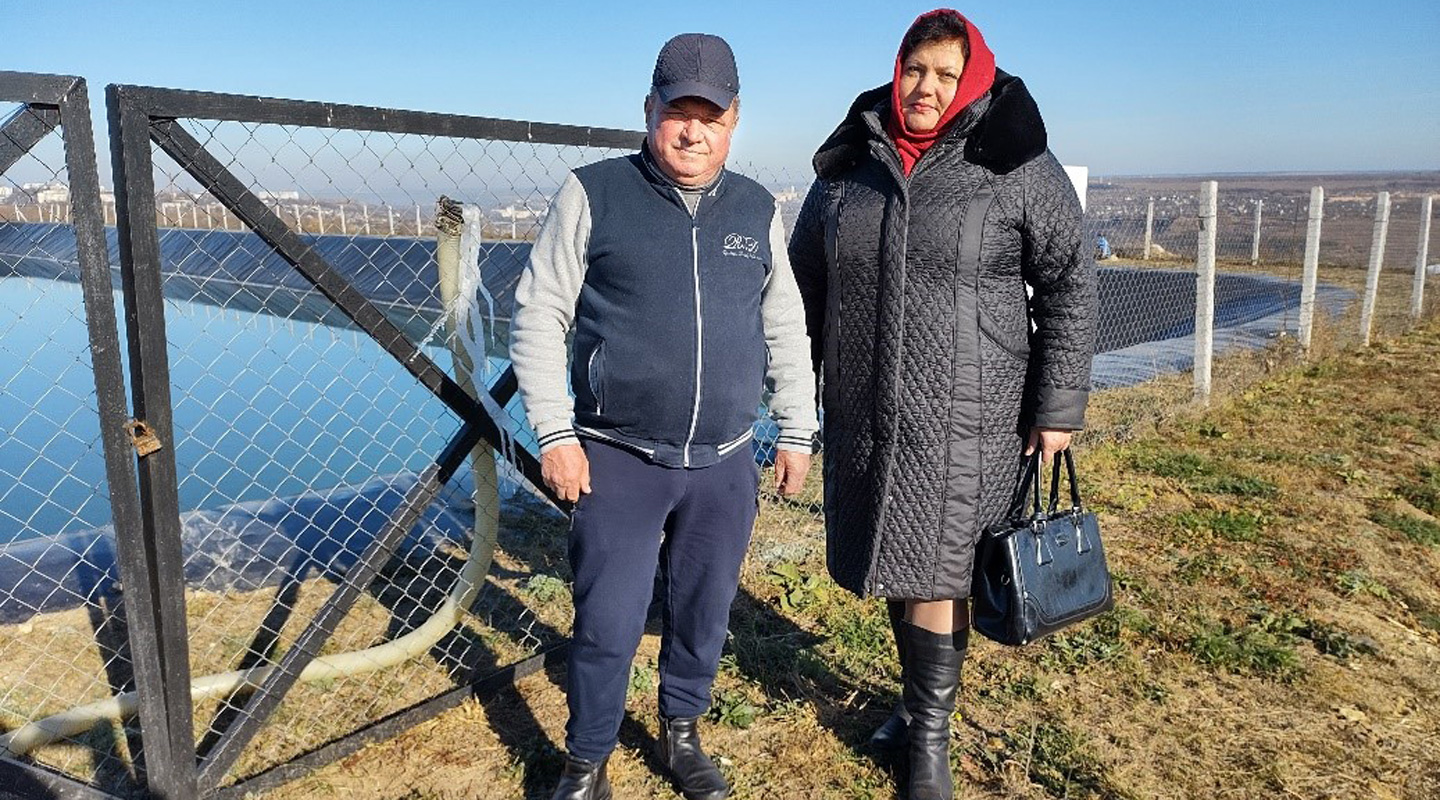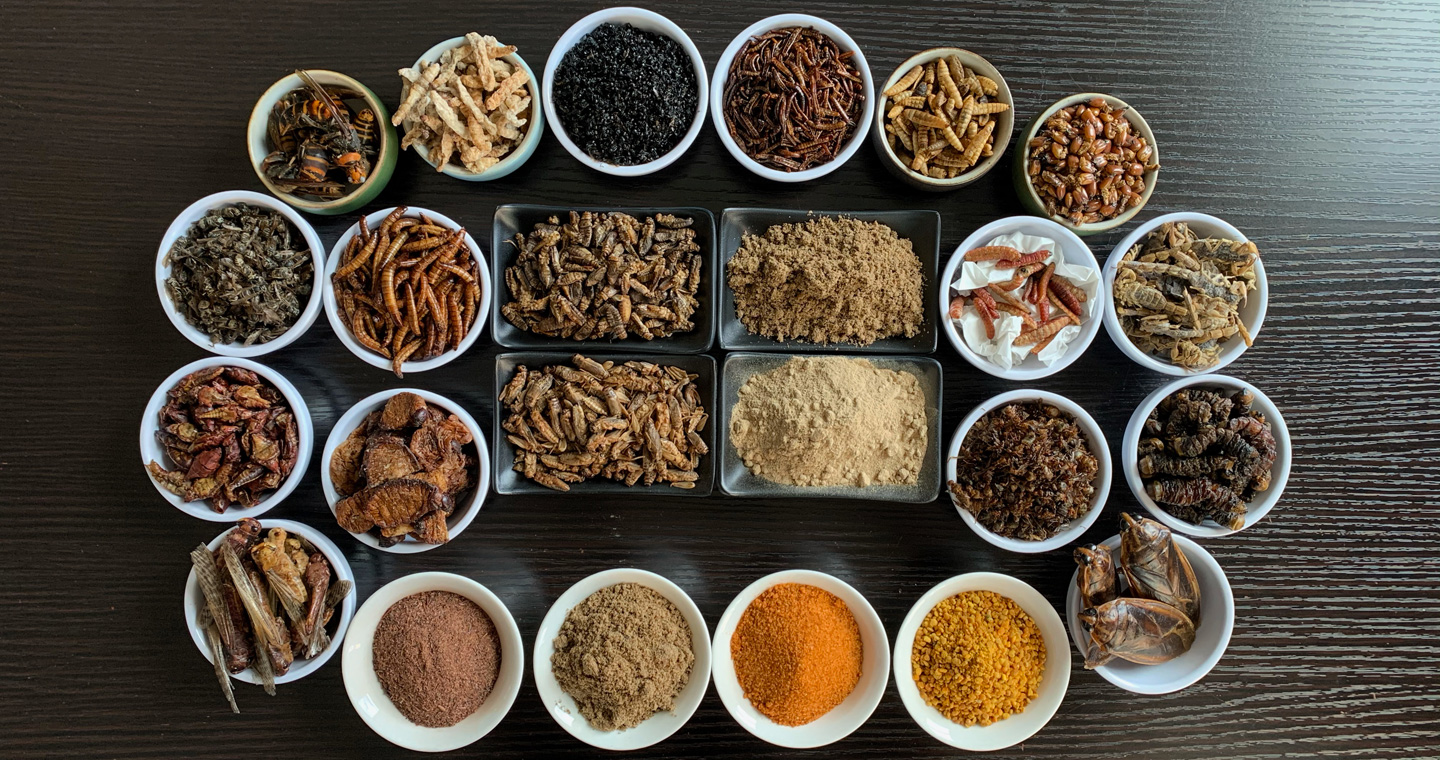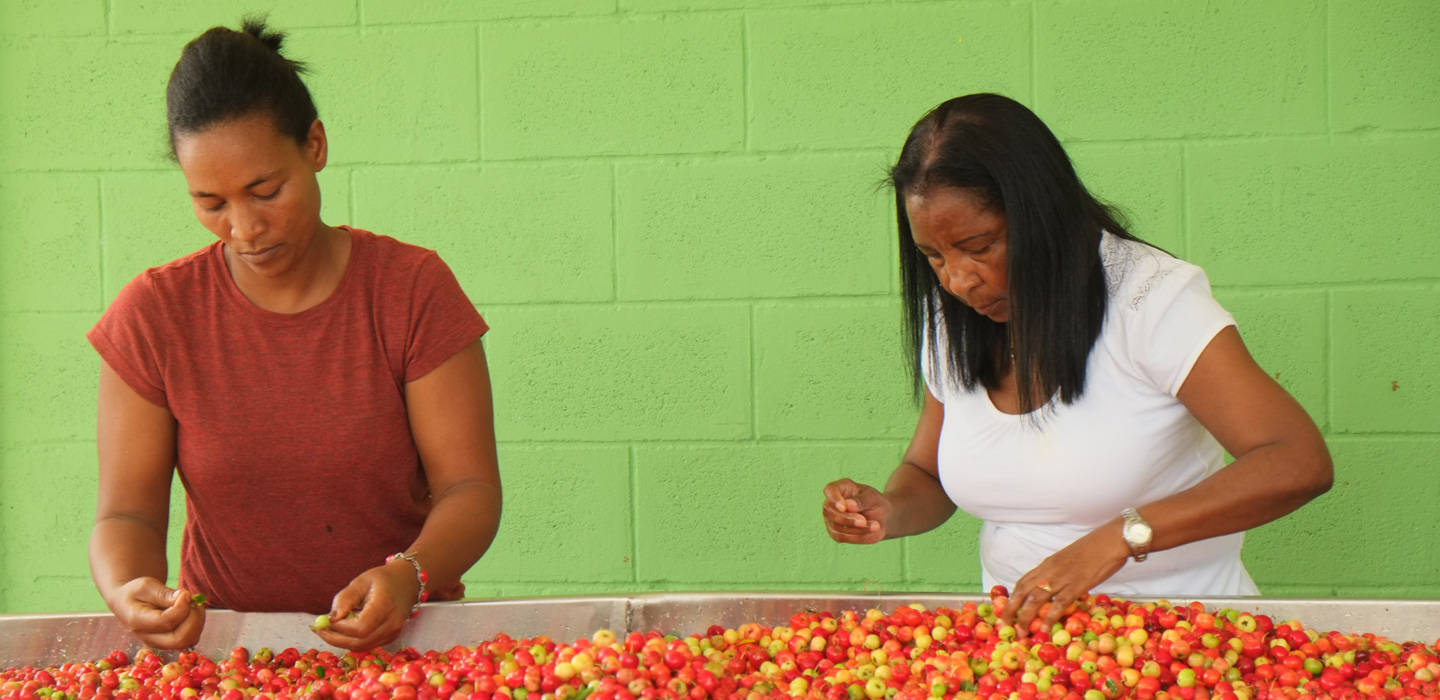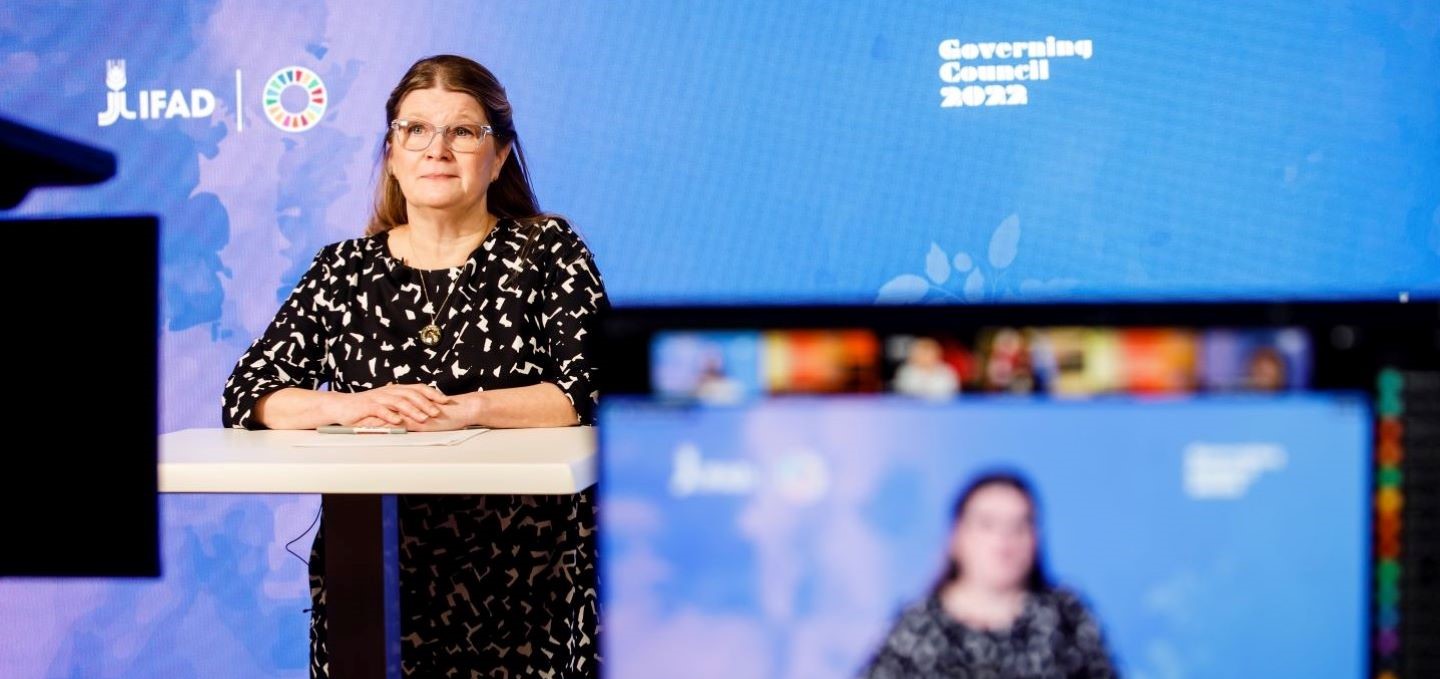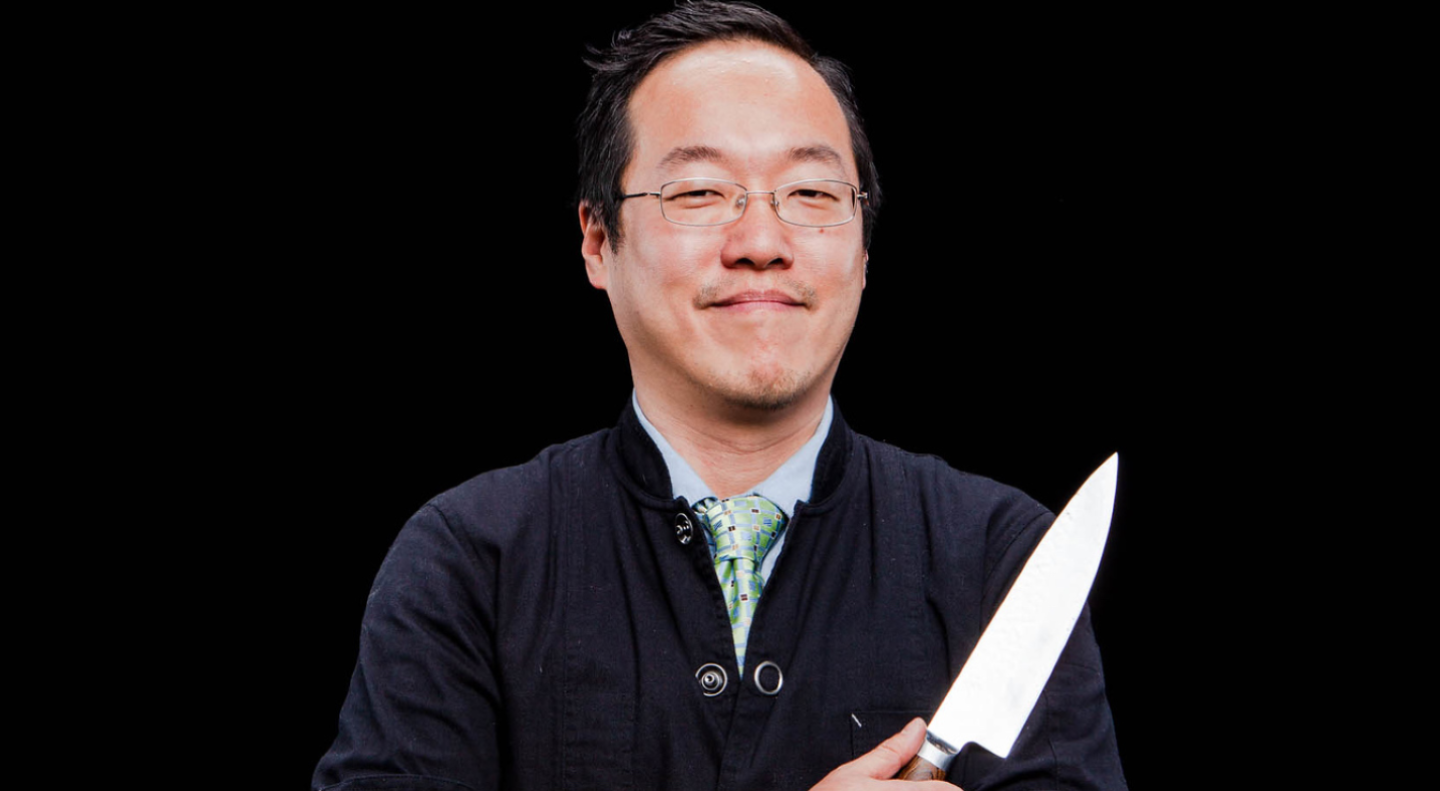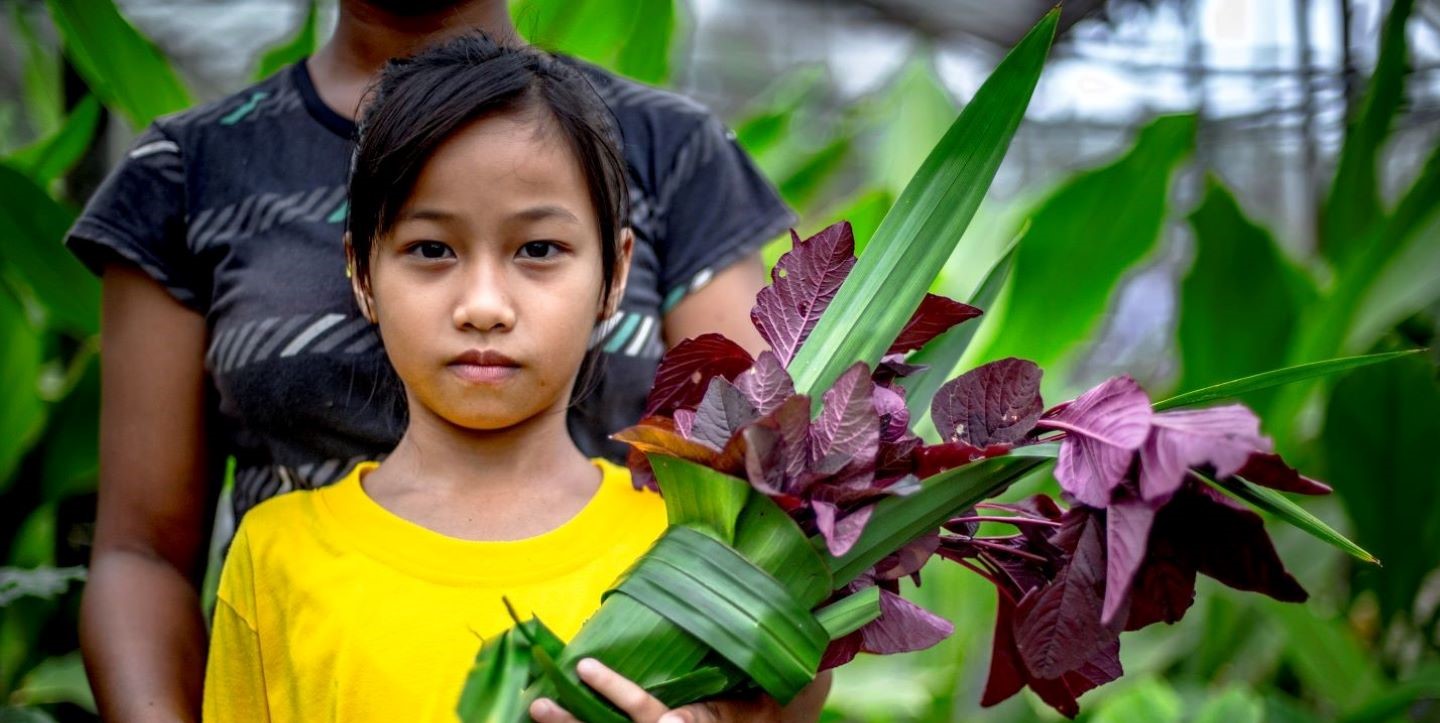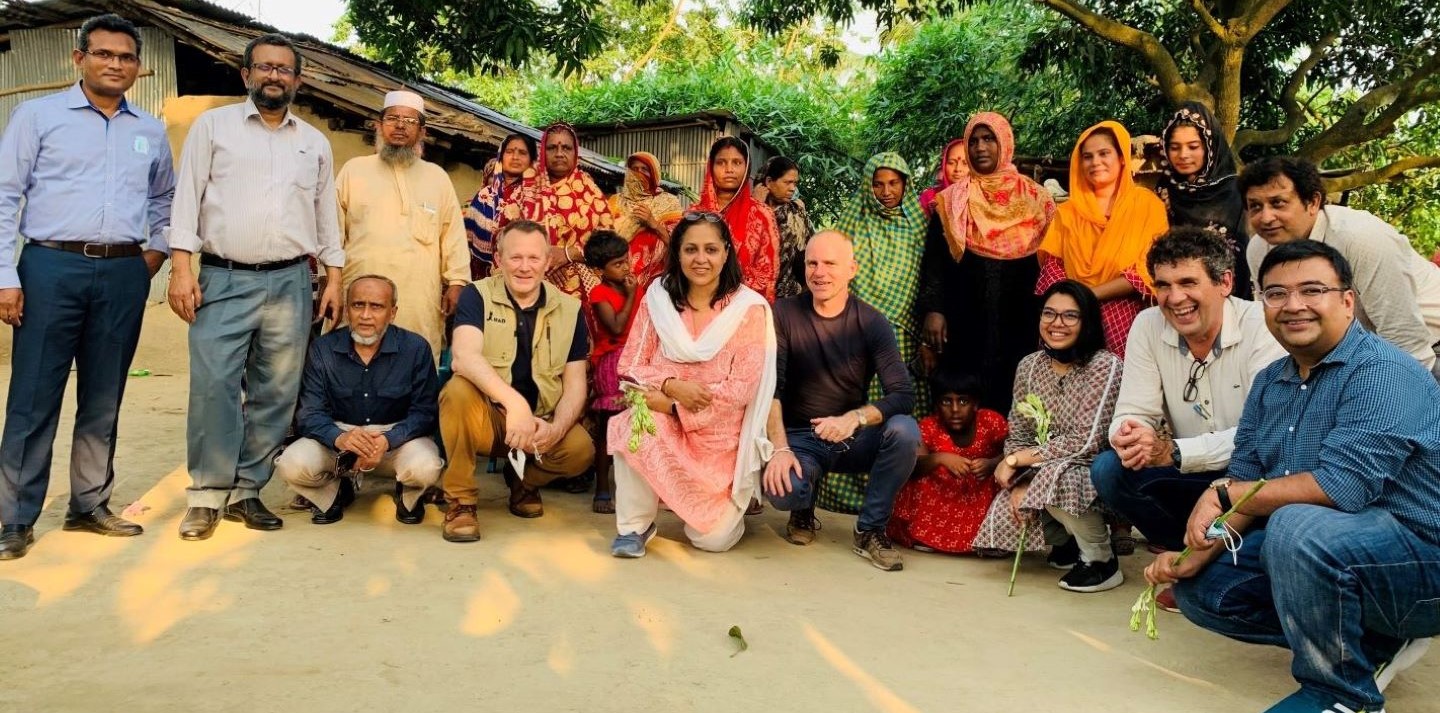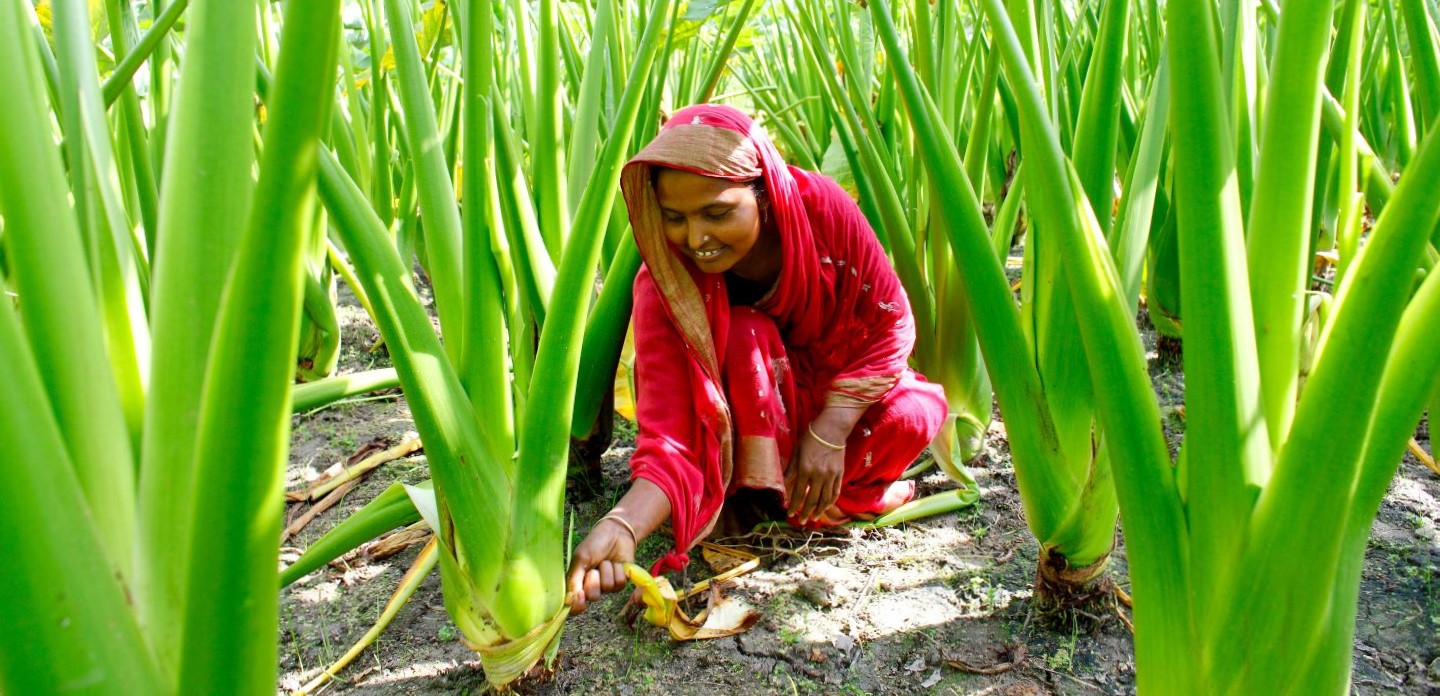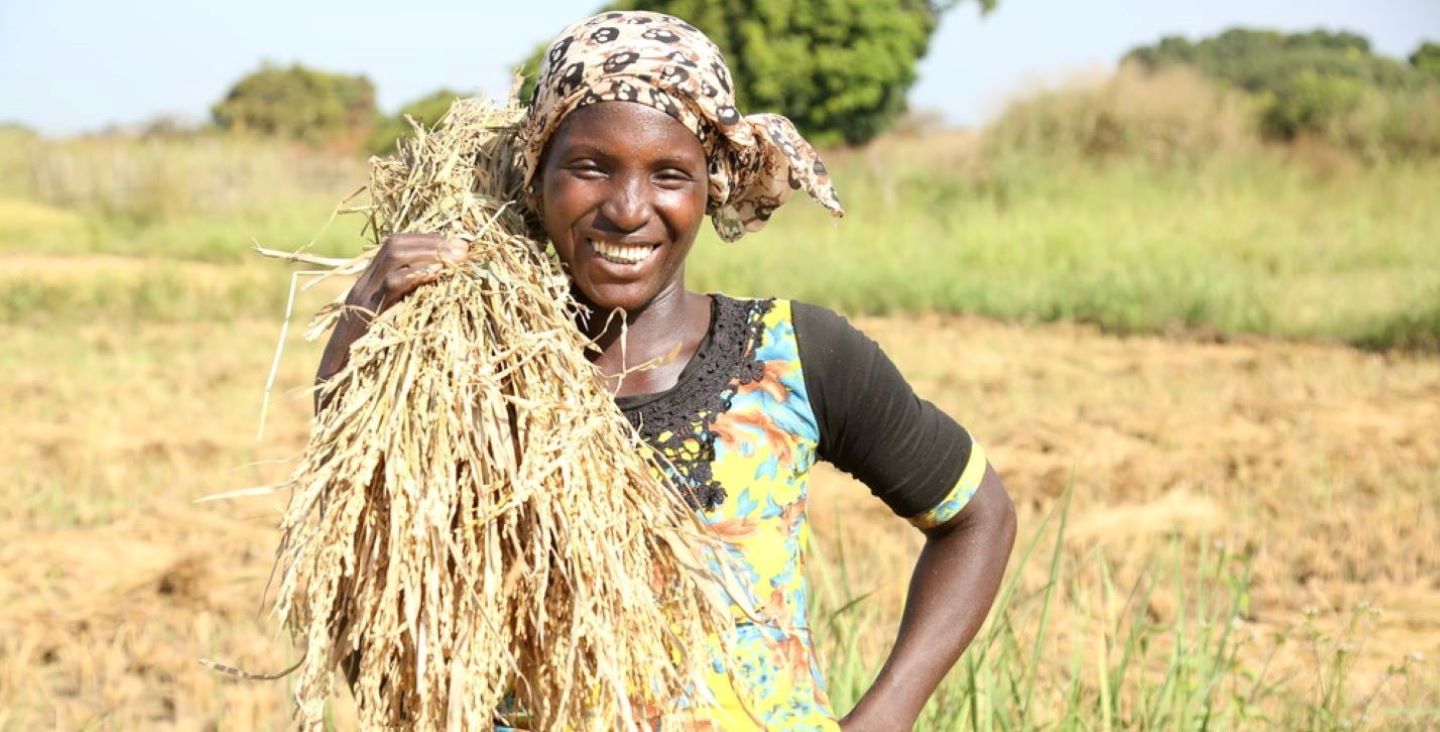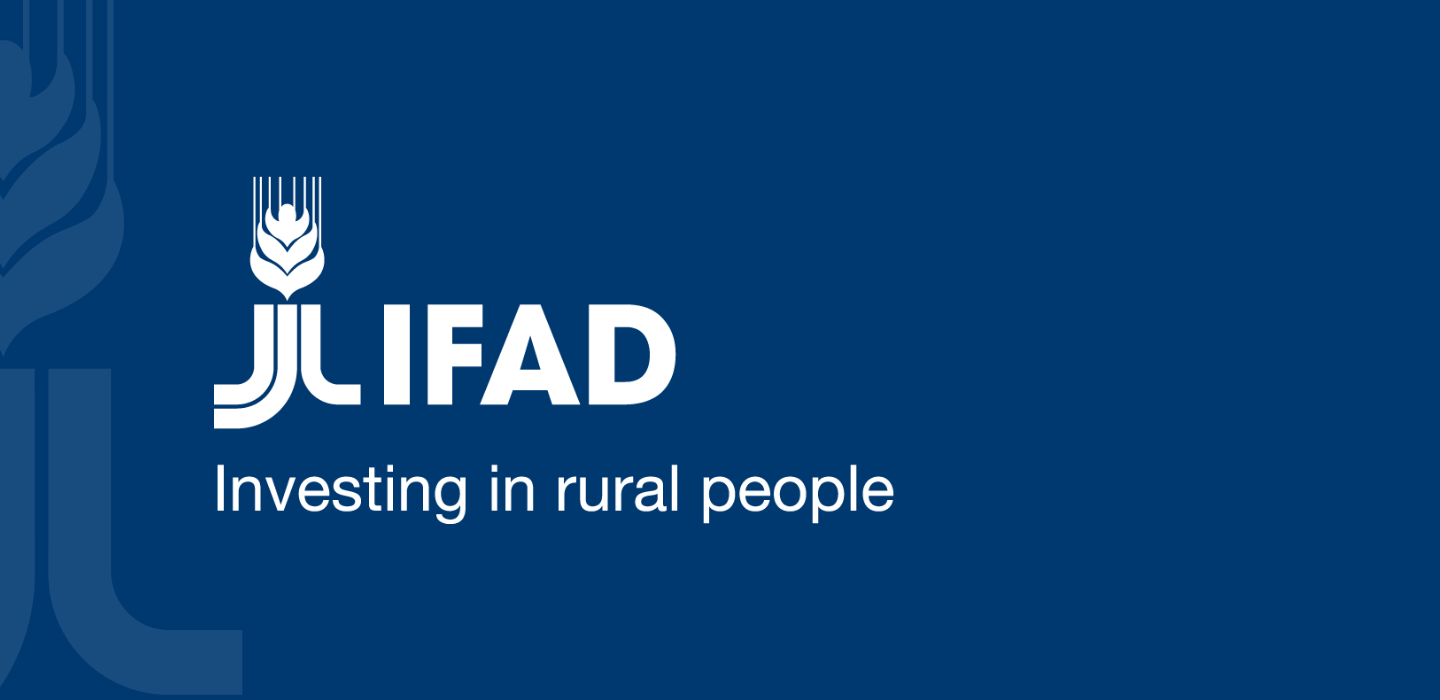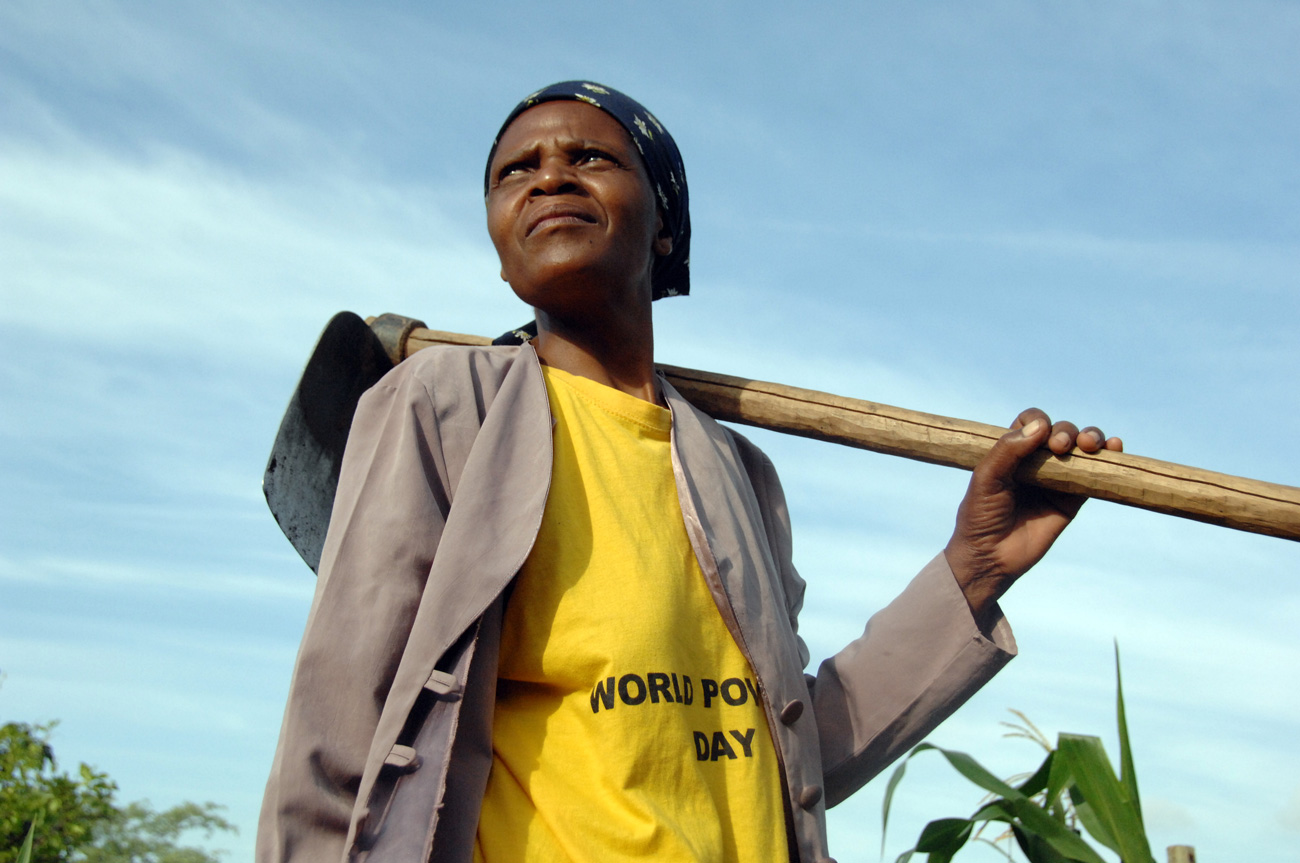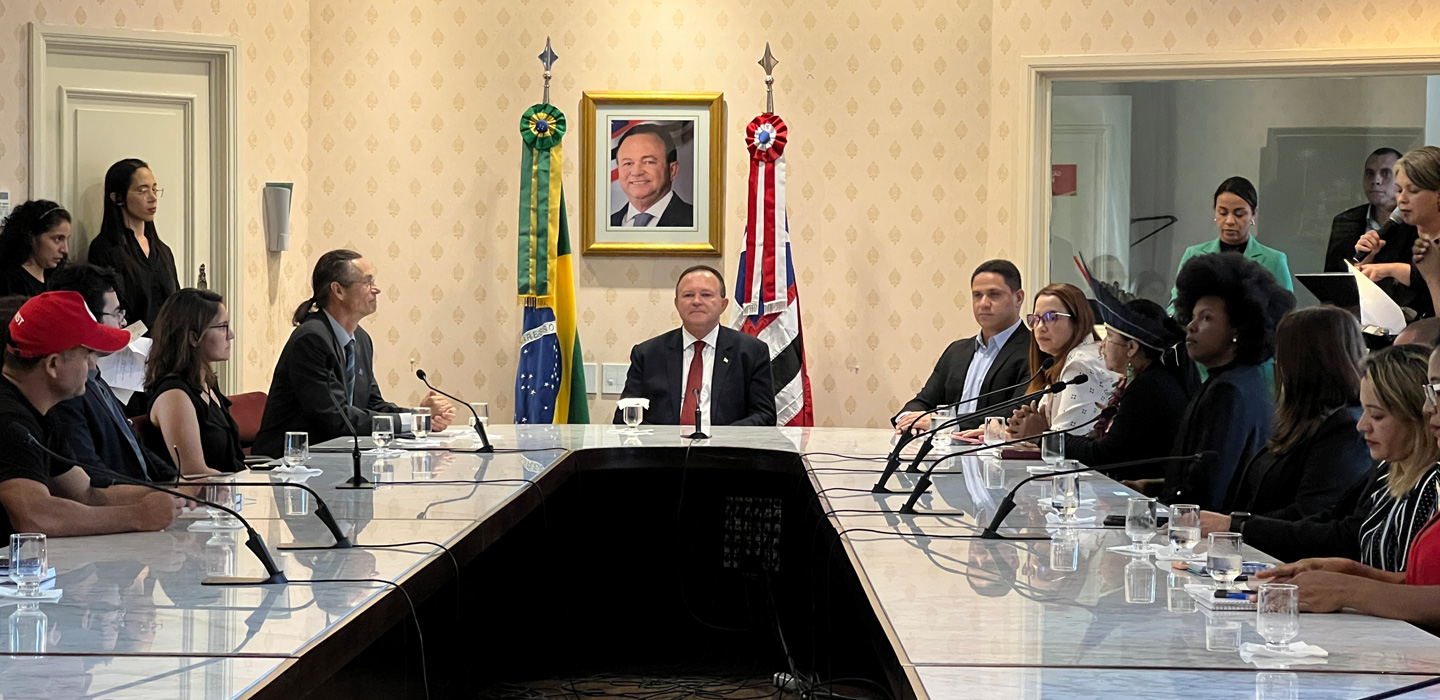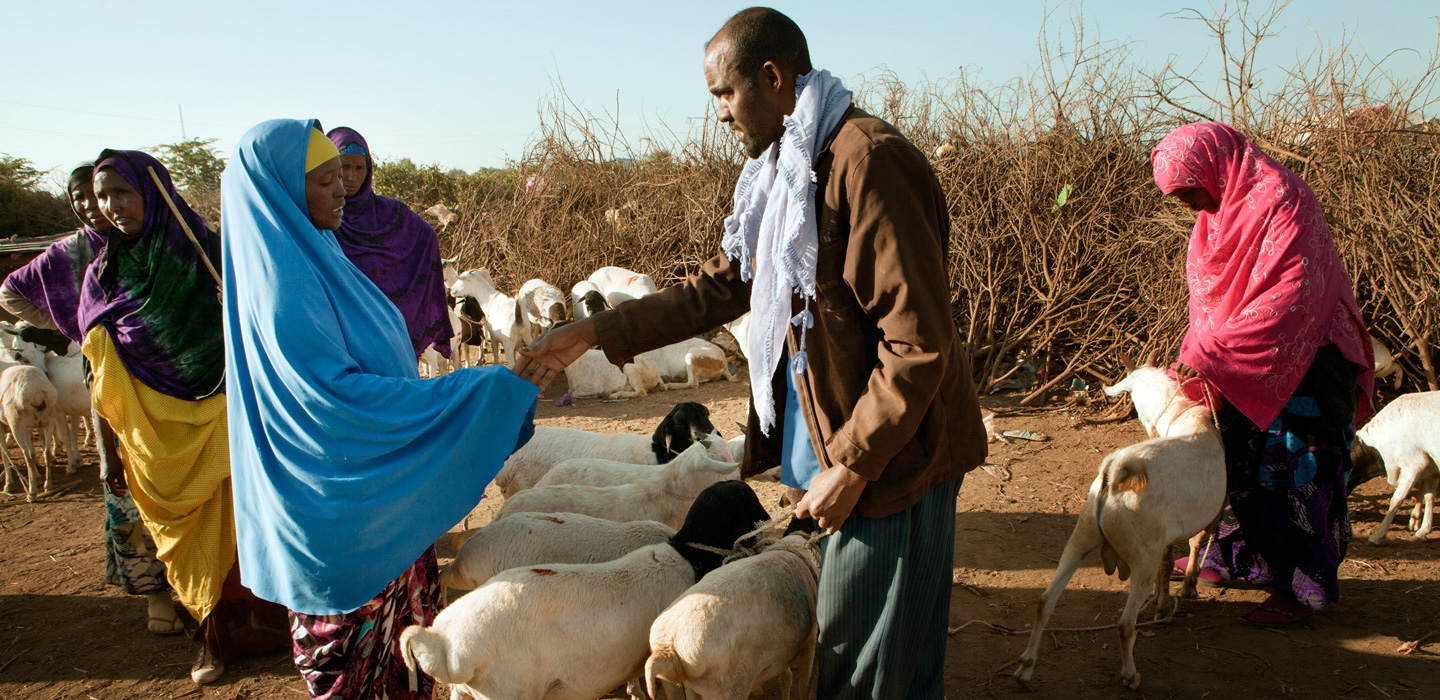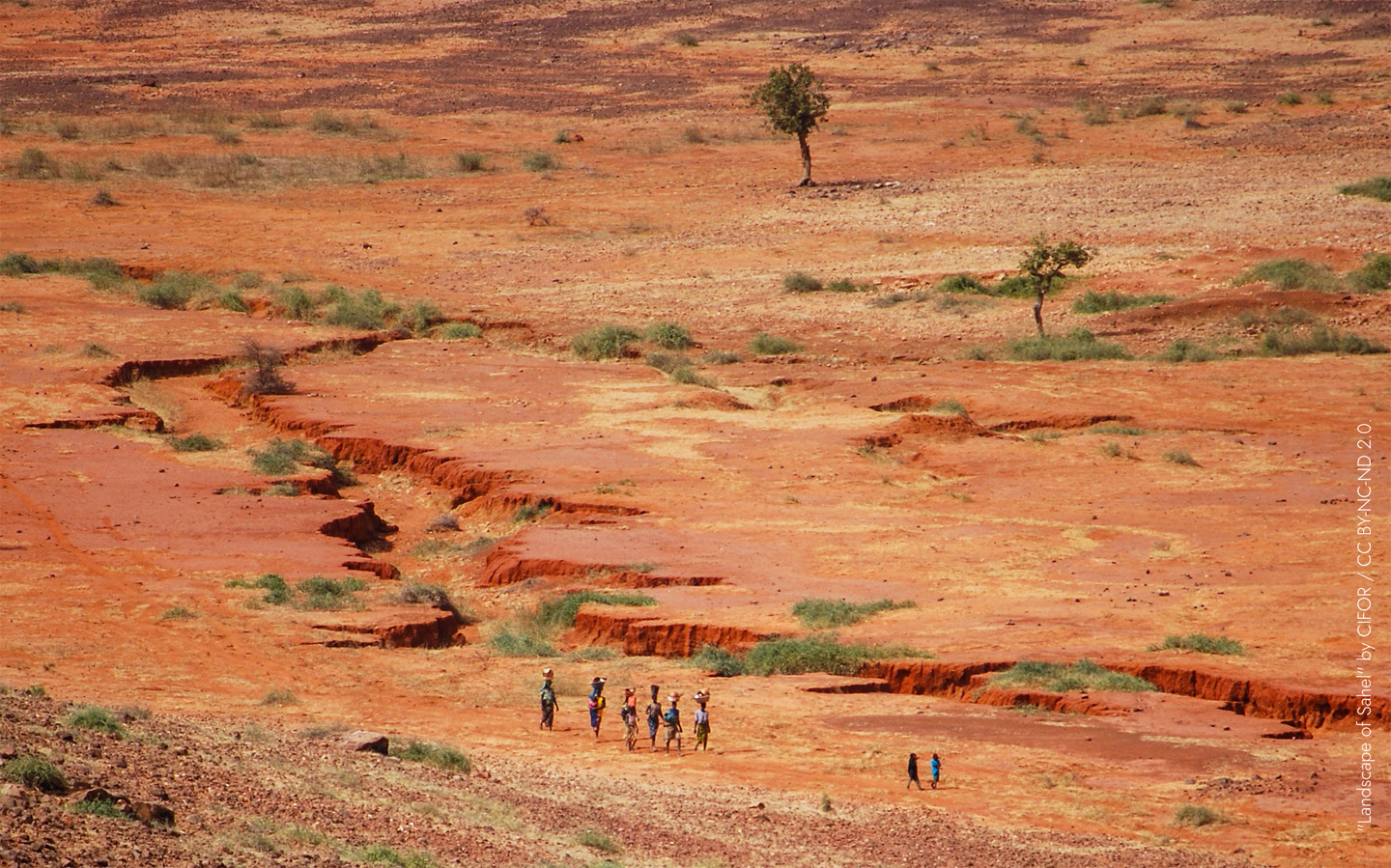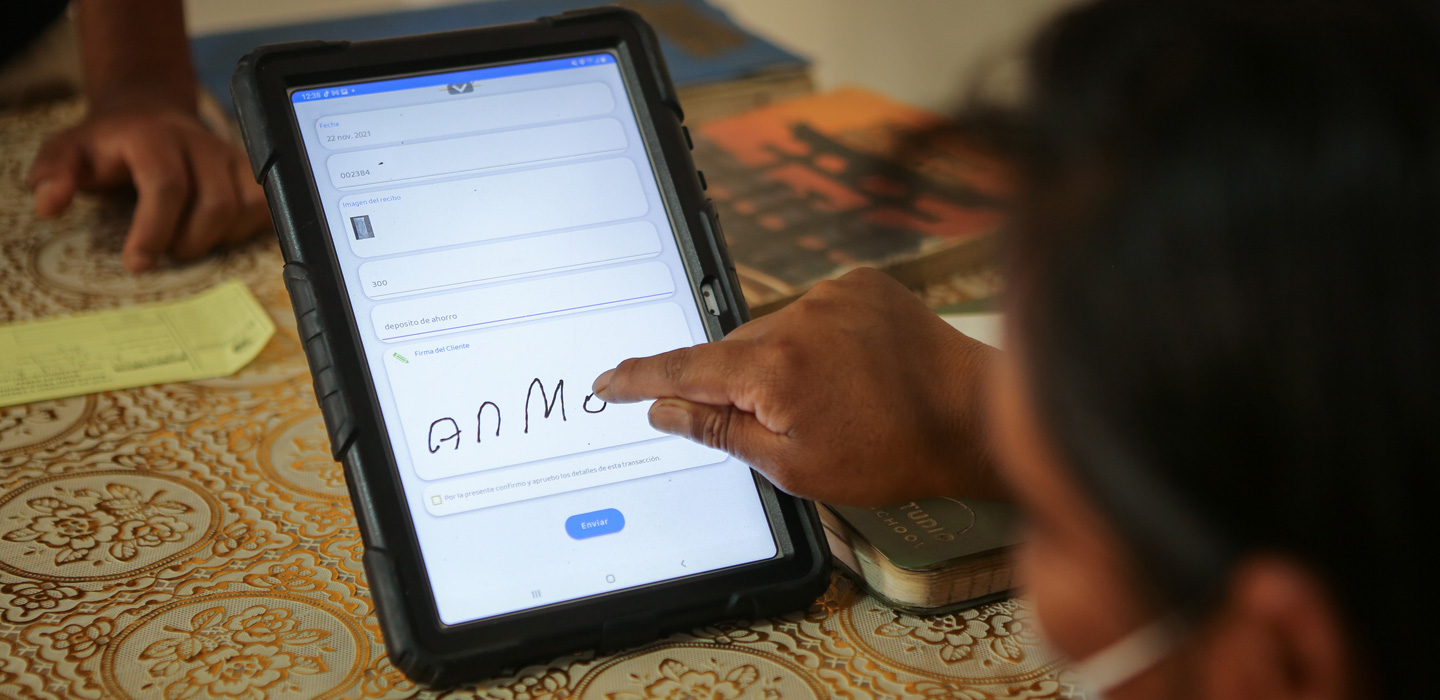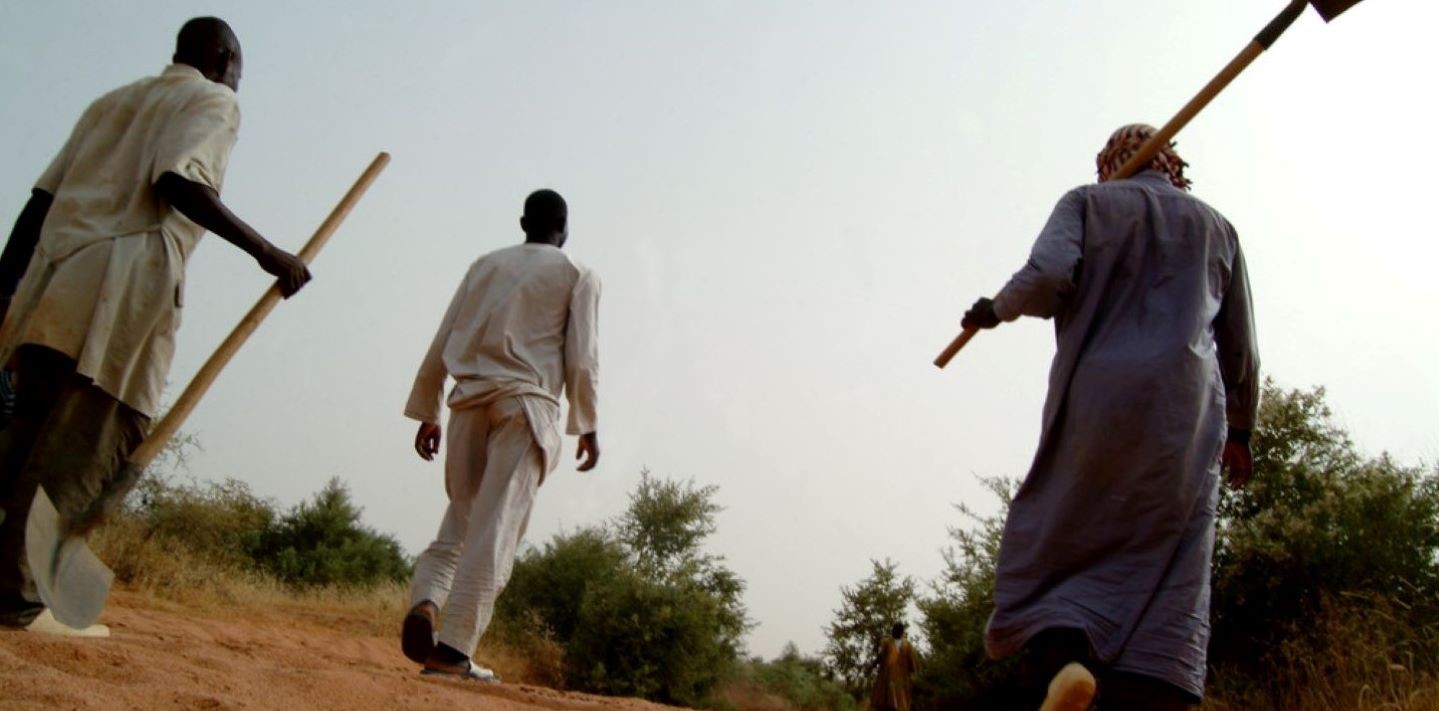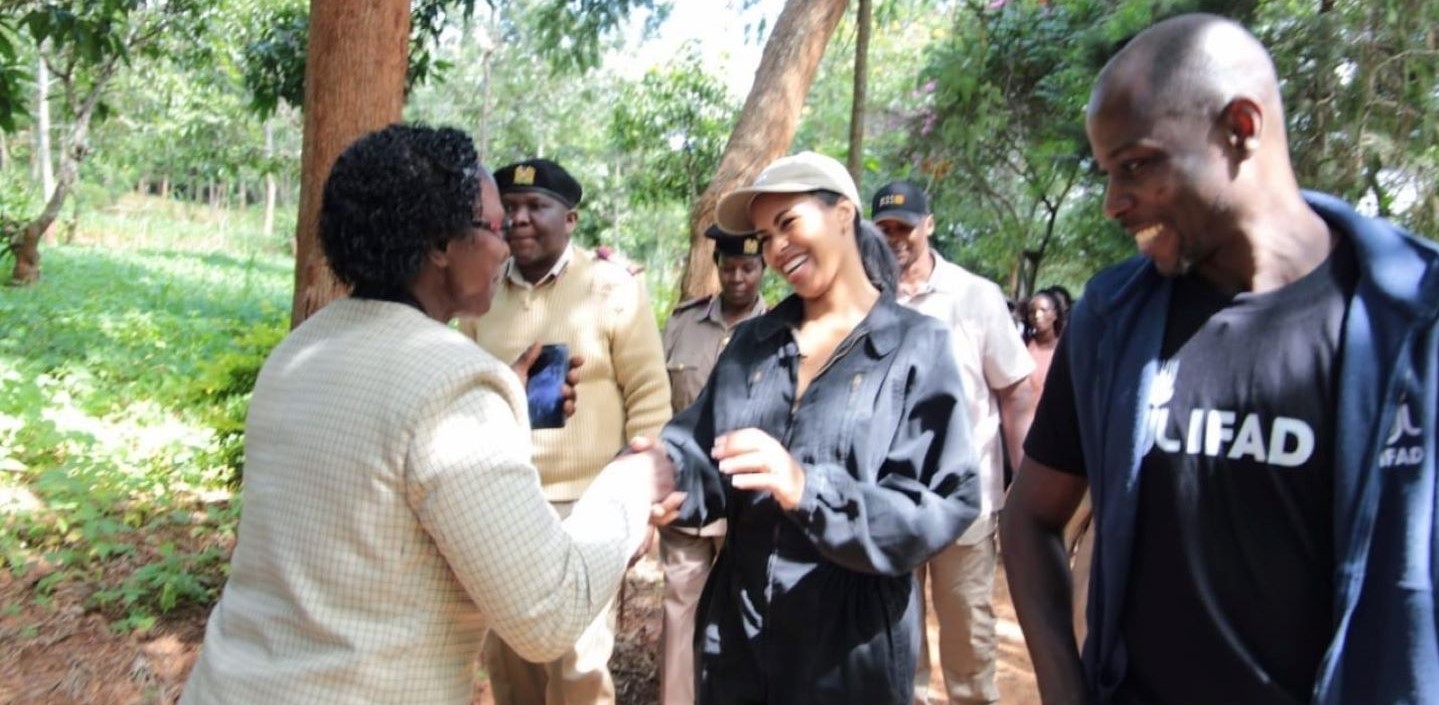Latest
Latest

Latest
Manual Submenu Topics
Search Results Filters
Search Results
More climate finance in support of small-scale farmers is urgently needed, warns IFAD at Stockholm+50
Boosting investments to help small-scale farmers adapt to the impacts of the climate crisis is more urgent than ever, warned IFAD at the United Nations Conference Stockholm+50.
It’s been 50 years since the first Stockholm Conference. What have leaders done to protect our planet since?
In June 1972, members of the United Nations gathered in Stockholm for the first-ever conference on protecting the environment. Fifty years later, global leaders are returning to where it all began to decide where we go from here.
The people of Bangladesh are resilient, but without urgent climate action, the future of this fascinating country is uncertain
Journalist and documentary maker Qasa Alom recently visited Bangladesh with IFAD. He reflects on how climate change is affecting its people and what IFAD is doing to support them.
What is life like for farmers on Moldova’s border with Ukraine?
On Moldova’s border with Ukraine, the resilience of rural farmers is being put to the test due to the spill over effects from the war.
Insects to Feed the World – Episode 32
This month's episode focuses on the use of insects to feed the world – both as food for humans and feed for livestock.
IFAD-funded project to create opportunities of employment and economic inclusion for rural youth in the Dominican Republic
IFAD and the Government of the Dominican Republic signed a financing agreement yesterday that will support the implementation of the Productive Inclusion and Resilience of Poor Rural Youth Project (PRORURAL Joven). This rural development operation aims to improve opportunities for rural youth to access jobs and establish businesses, and to build resilience among them and their families to climate, social and economic shocks and stresses.
The need for better donor coordination: Building long-term resilience against food systems crises
These days, it feels like the vulnerability of the world’s food systems is on full display. As I watch the current situation unfold, I’ve been reflecting on the need for multilateralism and donor coordination to help the world overcome this emergency.
“Why shouldn’t people eat bugs?”: A conversation with Chef Yoon
We sat down with Chef Joseph Yoon to learn more about edible insects: their health benefits, their potential as a method for fighting climate change, and even – for those who are tempted – how to start incorporating them into your cooking.
Our planet is losing its biodiversity. Here are five ways IFAD and rural people are protecting it
Biodiversity is the key to all the essential benefits we get from nature: from clean air to our ability to regulate the climate. At IFAD, we integrate protecting biodiversity into everything we do.
Newly-appointed IFAD Regional Director of Asia and the Pacific visits Bangladesh
Reehana Rifat Raza, the Regional Director of the Asia and Pacific Division at the International Fund for Agricultural Development (IFAD), was on mission to Bangladesh this week - her first official visit to the region since she took up appointment on 9 May 2022.
How farmers around the world are protecting nature’s delicate balance – and reaping the rewards
Healthy ecosystems are diverse ecosystems. And at IFAD, we believe that small-scale farmers are amongst the greatest stewards and beneficiaries of biodiversity.
IFAD a key player in U.S. Treasury Department’s Action Plan to address rising food insecurity
International Financial Institutions (IFIs) play a crucial role in responding to shocks at scale. They contribute financing, technical assistance, knowledge, and engage with policymakers to address rising food insecurity. Recognizing the essential role of IFIs in times of crises, the U.S. Department of the Treasury has released an IFI Action Plan to Address Food Insecurity.
The International Partnership for Cooperation on Child Labour in Agriculture (IPCCLA) Statement for the 5th Global Conference on the Elimination of Child Labour
The 2020 ILO-UNICEF Global Estimates of Child Labour reported that progress towards reducing child labour had stalled for the first time in 20 years.
As COP15 tackles desertification, here are three ways IFAD is helping farmers in sub-Saharan Africa build their resilience to climate change
Sub-Saharan Africa’s drylands – that is, the areas where more water is lost through evaporation than gained through rainfall – are facing widespread degradation. There are many factors causing this, but one of the most prominent is the use of agricultural practices that aren’t adapted to the land, such as overgrazing and intensive agriculture.
IFAD-funded project to help preserve Amazonian forest in one of Brazil’s poorest states
IFAD and the Government of the State of Maranhão signed a financing agreement today for the implementation of the Amazon Sustainable Management Project (PAGES). Implemented in Brazil’s state with the highest poverty and food insecurity rates, the project will address the entrenched environmental degradation of the Amazonian forest.
IFAD launches response to protect world’s rural poor against shocks from war in Ukraine
As the war in Ukraine pushes food, fuel and fertilizer prices toward record levels putting food security in many of the world’s poorest countries at risk, IFAD today launched a Crisis Response Initiative to ensure that small-scale farmers in high-risk countries can produce food over the next few months to feed their families and communities while reducing the threat to future harvests.
The thin green line that’s holding back the Sahara desert
The Great Green Wall was envisioned as a line of trees stretching across Africa to protect against desertification. Today, it is a mosaic of farms, forests, and wilderness, where sustainable agriculture is the norm and rural-dwellers thrive.
Rural savings banks go digital in Honduras
Don Lolo has been growing coffee on the slopes of El Playón in Honduras for over fifty years. Now, thanks to support from IFAD’s Rural Poor Stimulus Facility, he's using an online banking app to apply for loans, manage savings, and reach new buyers.
At COP 15, IFAD calls for immediate long-term investments in land restoration and climate resilience to ensure global food security
With land degradation gaining ground and affecting up to 40% of lands on Earth, IFAD today called for a significant increase in investments to help small-scale farmers protect and restore lands and ecosystems, build their resilience to climate change, and ensure long-term global food security.
IFAD Goodwill Ambassador, Sabrina Dhowre Elba visits IFAD-supported projects in Kenya
International model, actress and Goodwill Ambassador for the UN’s International Fund for Agricultural Development (IFAD), Sabrina Elba, arrives in Kenya today on an official visit.
